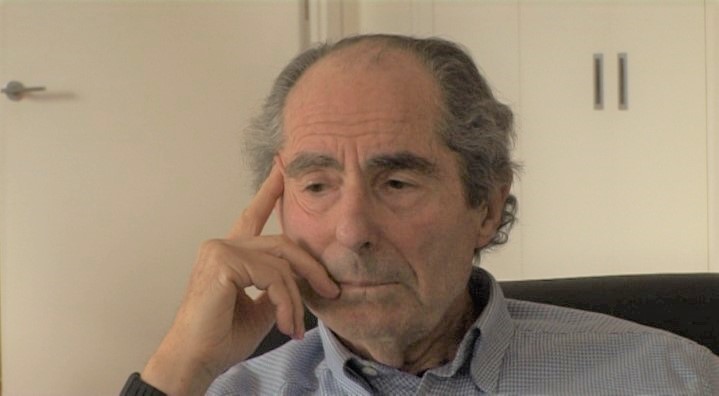NEXT STORY

American literature
RELATED STORIES

NEXT STORY

American literature
RELATED STORIES


|
Views | Duration | |
|---|---|---|---|
| 141. Reading | 794 | 03:52 | |
| 142. American literature | 760 | 01:59 | |
| 143. Hemingway | 1 | 1281 | 02:38 |
| 144. The Great Gatsby | 936 | 00:43 | |
| 145. Henry Miller | 1095 | 01:41 | |
| 146. William Faulkner | 1377 | 01:38 | |
| 147. How I met Saul Bellow | 1 | 1019 | 01:27 |
| 148. John Updike | 1226 | 05:45 | |
| 149. English writers | 848 | 01:34 | |
| 150. John Updike: my distant friend | 1225 | 01:03 |


I no longer read the way I once did. I no longer read the number of books I once did and I think I no longer read with the same energy that I once had. My great era of reading was college, for one, where I had a very rigorous year, my senior year, of reading virtually everything in English literature and having to write an essay every week about what I'd read. And that was a... a tremendous experience. But my real reading took place when I was a teacher, and when I had to prepare a class for my 15 or 20 students. What I taught usually was a kind of comparative literature course that I made up. And then I read a... a dozen books a semester, maybe a few more, thought about them, thought about each book, wrote notes, took notes from them, prepared questions about them and prepared my own thoughts about them. And I taught at a very good university and the students were quick and... and smart and it was a wonderful experience.
So I was reading a novel a week in those years and those years... there... there were 12 or 15 years. I no longer remember all the books that I read in that period. I read a great deal of Kafka in that period, and taught Kafka. I read and taught a great deal of Saul Bellow. I read and taught Jean Genet, Mauriac, Céline, Colette. Those are the French writers I... I taught. I taught books by Mishima, the Japanese writer, Kobo Abe, and I taught books by Eastern European writers that I was familiar with. I... and... but the richness of that experience was the reading and the talking. And now I don't have the talking, I just have the reading, and it isn't the same. It isn't the same. I don't work my thoughts out with the precision that I would in the old days. I don't hunt for the key to the book the way I did in those days. So I don't know that my reading is over, but my reading of fiction is largely over. I... I've been reading mostly history over the last years. In the last six months, I've been reading all the books I could find on Roosevelt, the New Deal, Eleanor Roosevelt, America during the war. But the history... when I read history I'm compiling information. And the pleasure is very immediate of taking in that information as you're reading. I can't retain the information as I used to be able to. So I do the best with what... what faculties I still have.
The fame of the American writer Philip Roth (1933-2018) rested on the frank explorations of Jewish-American life he portrayed in his novels. There is a strong autobiographical element in much of what he wrote, alongside social commentary and political satire. Despite often polarising critics with his frequently explicit accounts of his male protagonists' sexual doings, Roth received a great many prestigious literary awards which include a Pulitzer Prize for fiction in 1997, and the 4th Man Booker International Prize in 2011.
Title: Reading
Listeners: Christopher Sykes
Christopher Sykes is an independent documentary producer who has made a number of films about science and scientists for BBC TV, Channel Four, and PBS.
Tags: reading, college, essay, students, novel, fiction
Duration: 3 minutes, 52 seconds
Date story recorded: March 2011
Date story went live: 18 March 2013